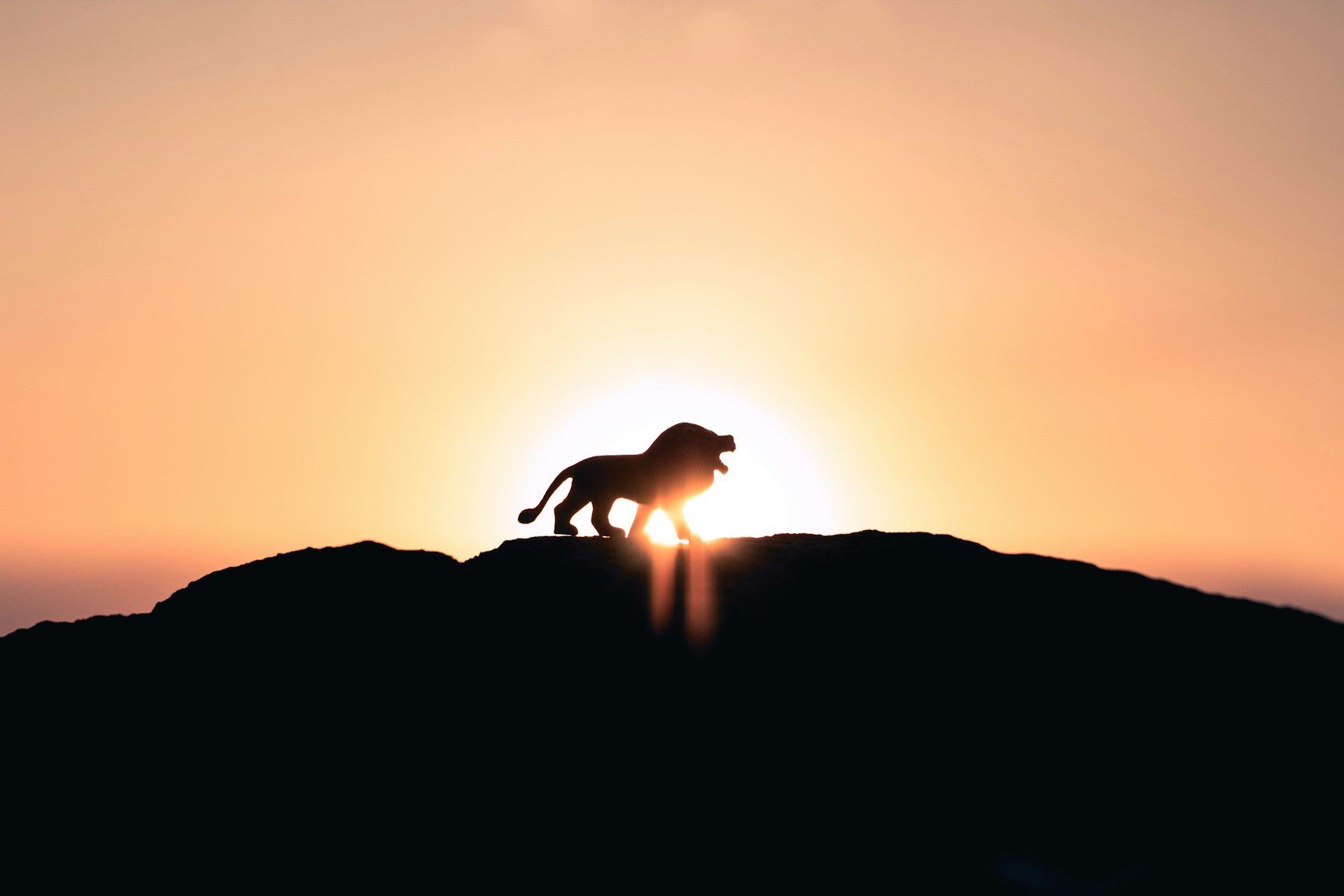It’s essential for visitors to be aware of the dangerous animals in South Sudan, as the country’s tropical climate provides an ideal habitat for a variety of wildlife. Despite potential encounters with such creatures, the warm and friendly locals, along with the opportunity to enjoy local cuisines, make a trip to South Sudan a unique and enriching experience.
Table of Contents
Why visit South Sudan?
If you are seeking an authentic African safari experience, South Sudan should be at the top of your list. The country boasts some of the best scenery and wildlife, thanks to its tropical climate. Characterized by high humidity and substantial rainfall, followed by dry periods, the region provides an ideal environment for diverse fauna and flora to flourish.
The variety of animal species in the country is extensive, offering the opportunity to explore creatures found nowhere else on the planet. During your trip, it’s crucial to be aware of some of the dangerous animals you may encounter in South Sudan.
Hippopotamus
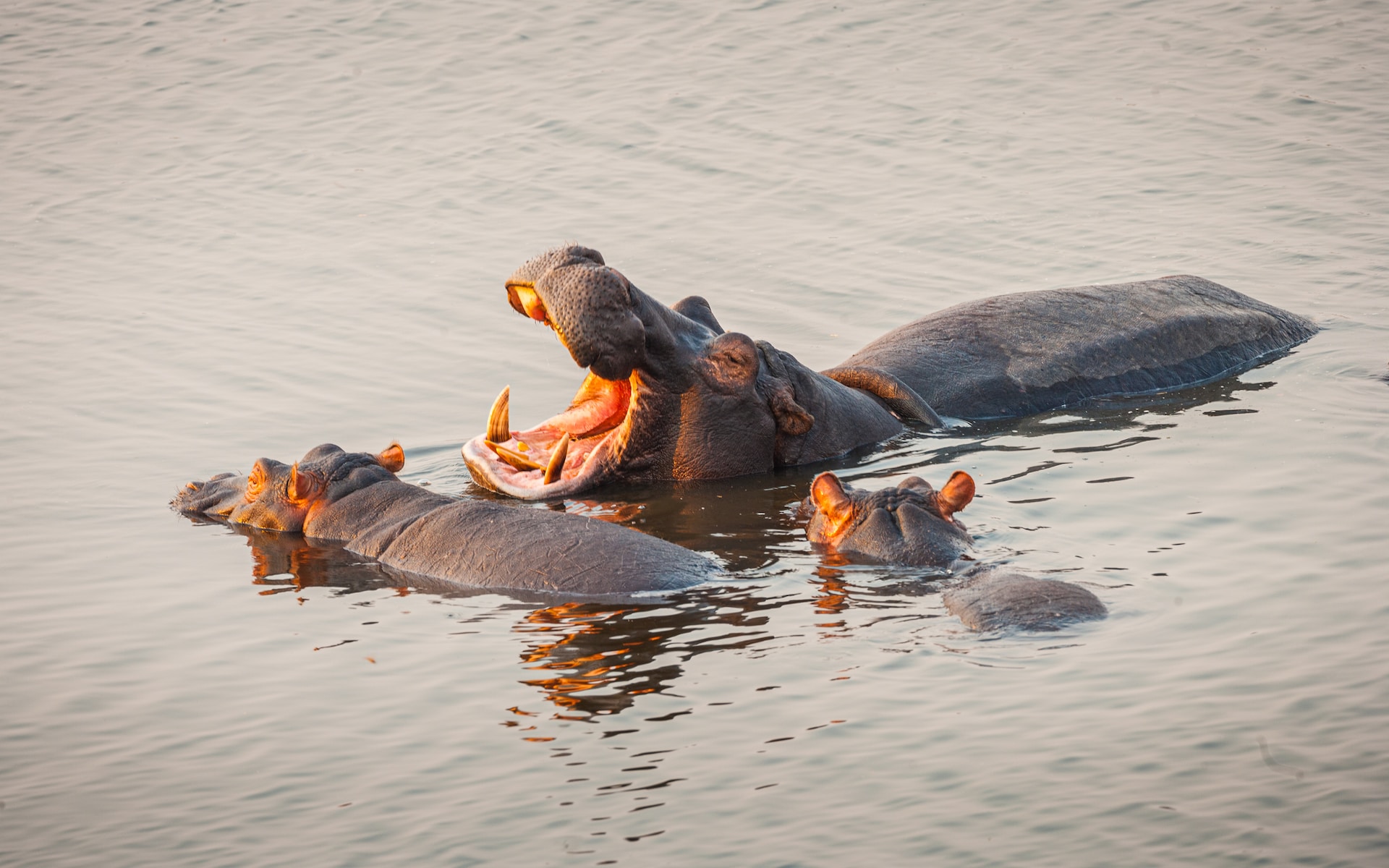
In South Sudan, one must be cautious of dangerous animals, and among them are hippos. These massive creatures are commonly found near rivers, wetlands, and swampy areas. When traversing the country, it’s crucial to watch out for hippos, as they can be aggressive when feeling threatened. Guided tours are recommended to avoid areas heavily inhabited by hippos. With their colossal size of around 3000 pounds and two large teeth, hippos can pose a serious threat, especially during their evening and morning activities. Females, particularly when nursing their young, are known to be highly aggressive.
Emperor Scorpion
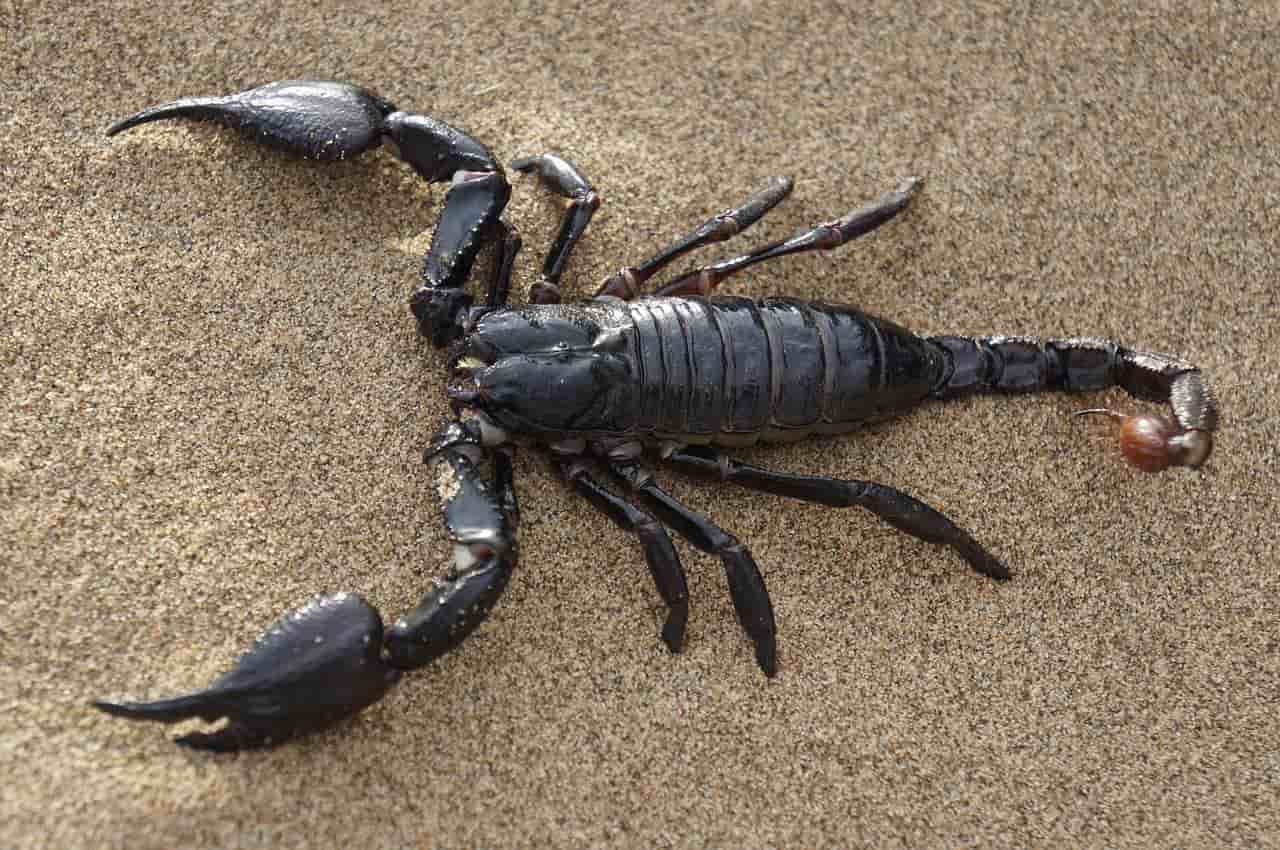
The emperor scorpion, native to West Africa and the savannahs of Central Africa Republic, is one of South Sudan’s most dangerous animals. Its highly potent venom, used to paralyze prey, makes encounters with this scorpion risky. Travelers should be vigilant, dressing appropriately to prevent stings or bites. In case of a sting, immediate medical attention is essential.
Mosquito
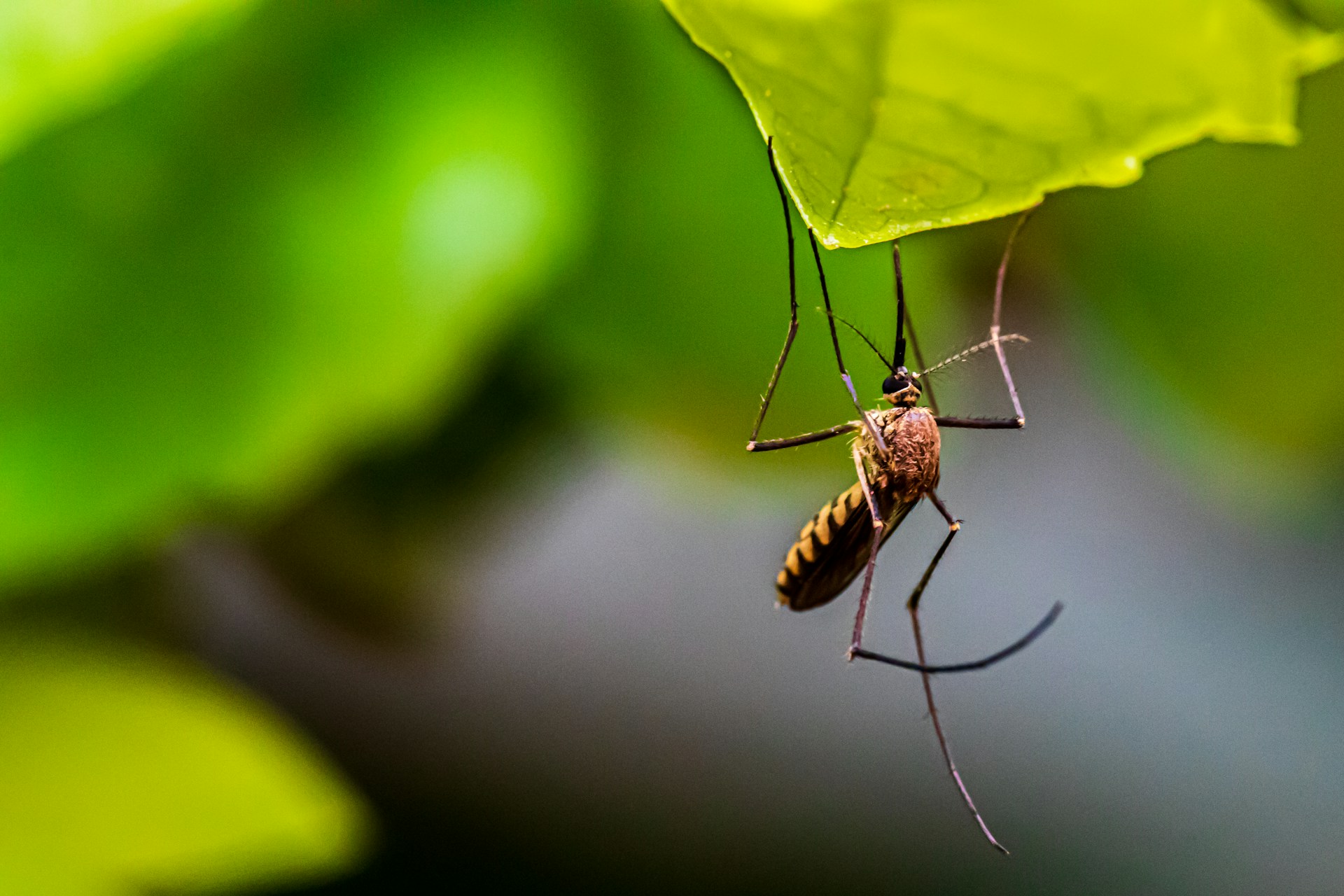
Despite their small size, mosquitoes pose a significant threat in South Sudan due to the risk of malaria. It’s vital to have a yellow fever vaccine before the trip to prevent mosquito-borne diseases like malaria, Zika virus, dengue, and Nile fever. Applying mosquito repellent and sleeping under a mosquito net are essential precautions when exploring outdoor environments.
African Rock Python
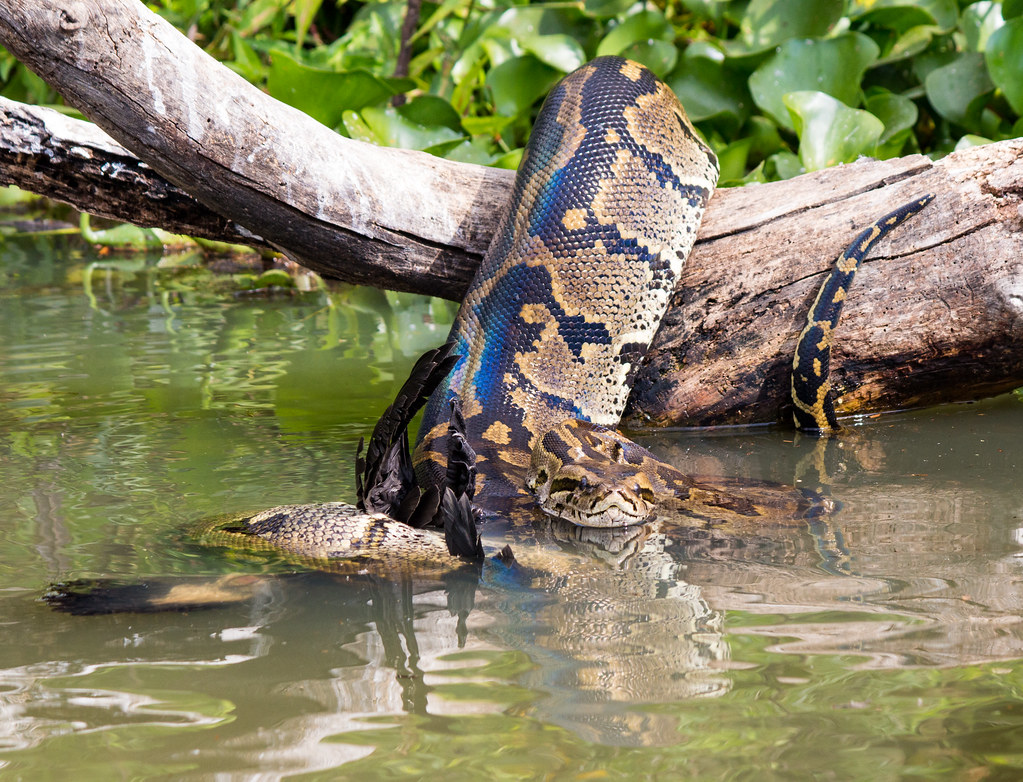
The African rock python, a large snake exceeding 6 meters, is prominent in South Sudan’s rainforests, grasslands, and rocky areas. Known for its strength and aggressiveness, this python has venom that can be delivered to its victims, causing tissue and organ damage. Caution is advised when exploring these habitats.
Elephant

South Sudan’s tropical climate provides a thriving environment for elephants, particularly in national parks and reserves. While generally not aggressive, elephants can become dangerous when provoked or if their habitat is disturbed. Caution is necessary to avoid close encounters, as elephants can cause harm with their sharp tusks. Human activities, including poaching, have heightened the aggression of some elephants in the region.
Nile Crocodile
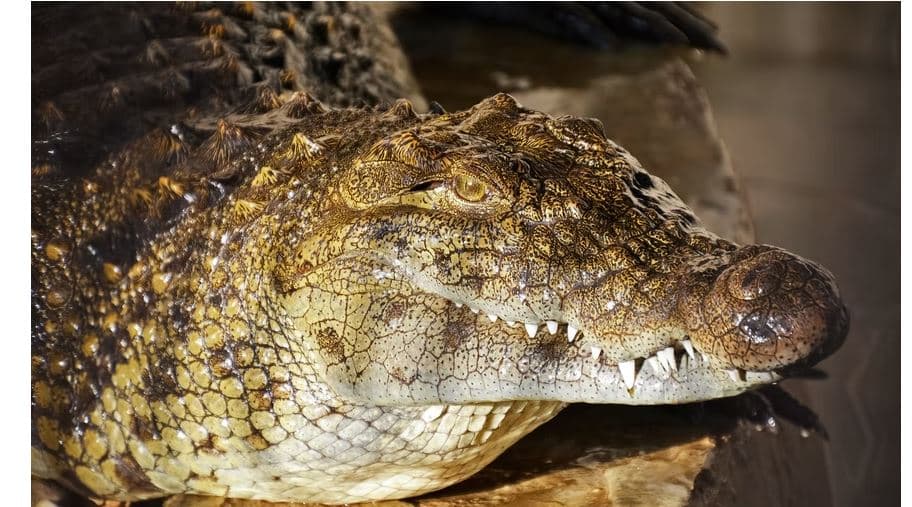
Encounters with Nile crocodiles, inhabiting South Sudan’s waters, including lakes, rivers, and ponds, can be perilous. Growing up to 6 feet long and weighing 1000 to 1500 pounds, these crocodiles are responsible for numerous deaths annually. Their sharp teeth and strong muscles make them formidable predators, especially during activities like fetching water or washing clothes along the river.
Lion
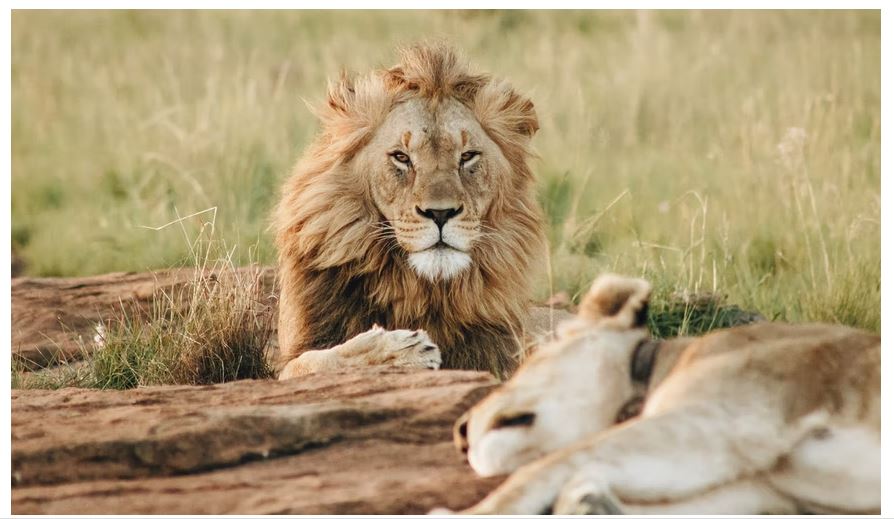
South Sudan hosts African lions in its forests and game reserves, and encounters have increased due to successful conservation efforts. While observing these apex predators, it’s crucial to maintain a safe distance, as lions can become dangerous if provoked or feel threatened.
Puff Adder
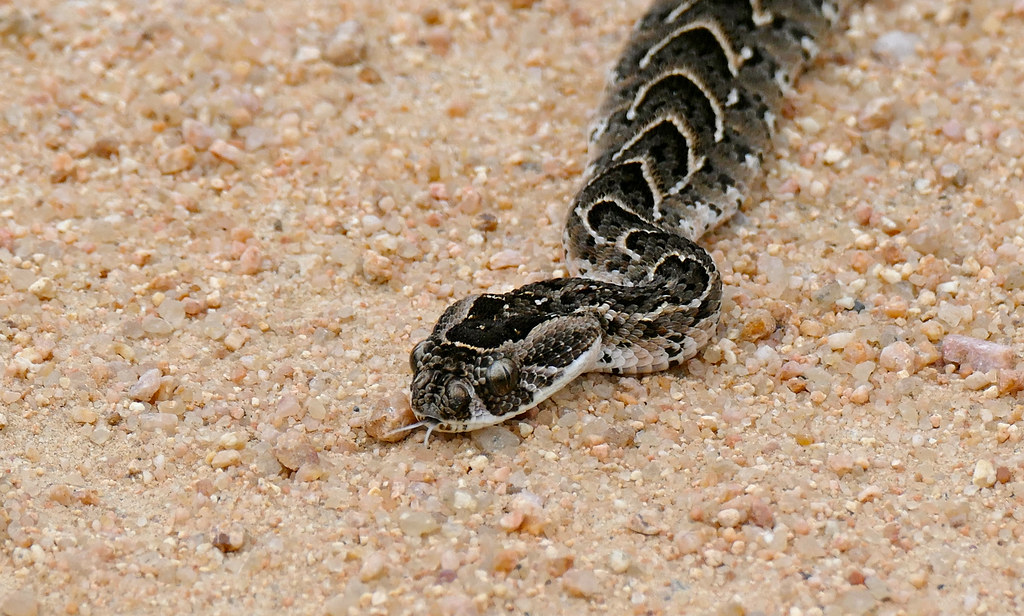
The puff adder, a deadly snake in South Sudan, is commonly found in dense forests and grasslands. Responsible for around 300 deaths annually, this agile snake delivers a neurotoxic and hemotoxic venom. Immediate application of anti-venom is crucial to prevent fatality.
Black Mamba
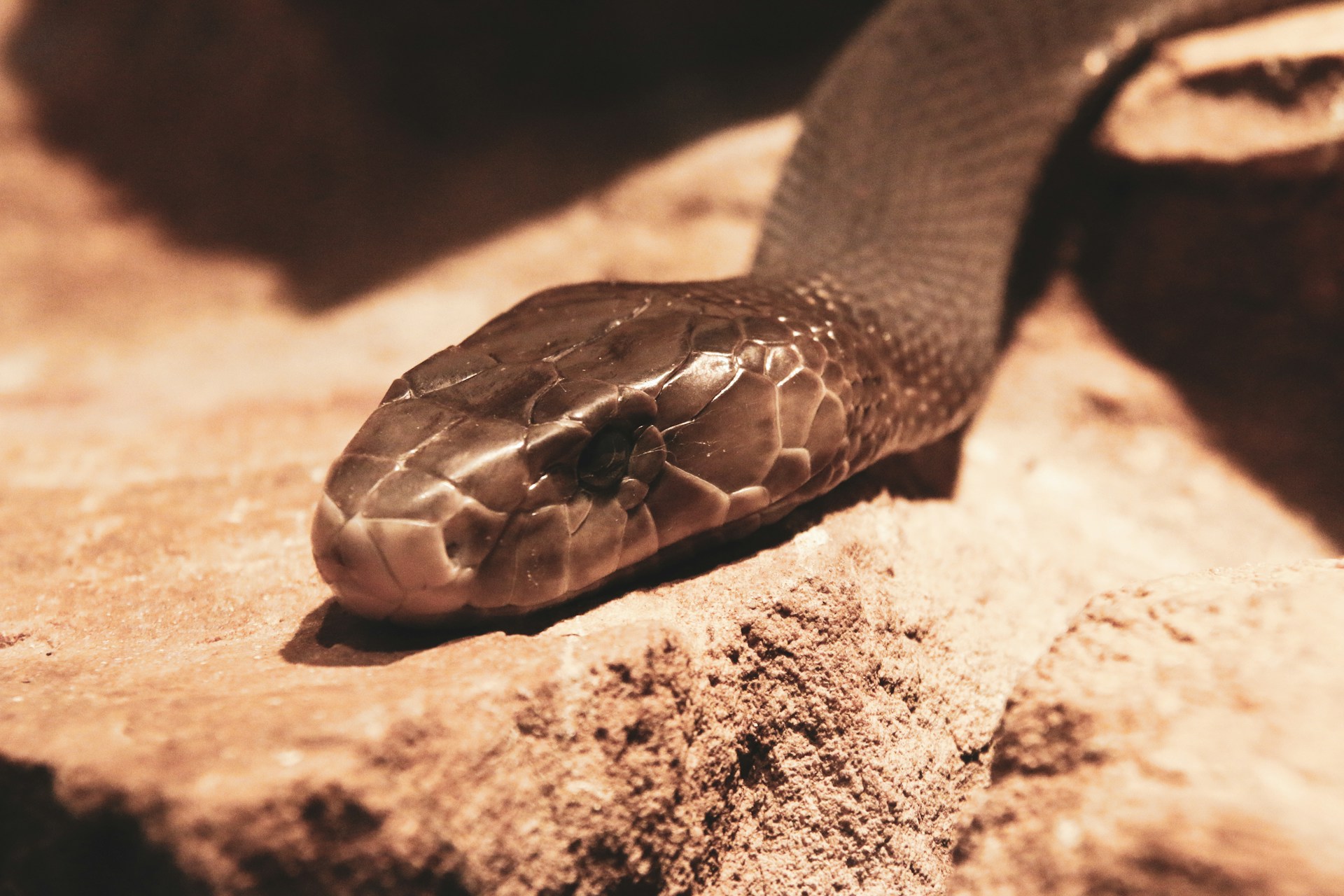
The black mamba, inhabiting grasslands and forests, is one of the most dangerous snakes in South Sudan. Known for its aggressiveness and potent venom affecting the central nervous and respiratory systems, encounters with this snake can be fatal. Proper dressing is recommended, and immediate medical attention is essential if bitten.
Buffalo
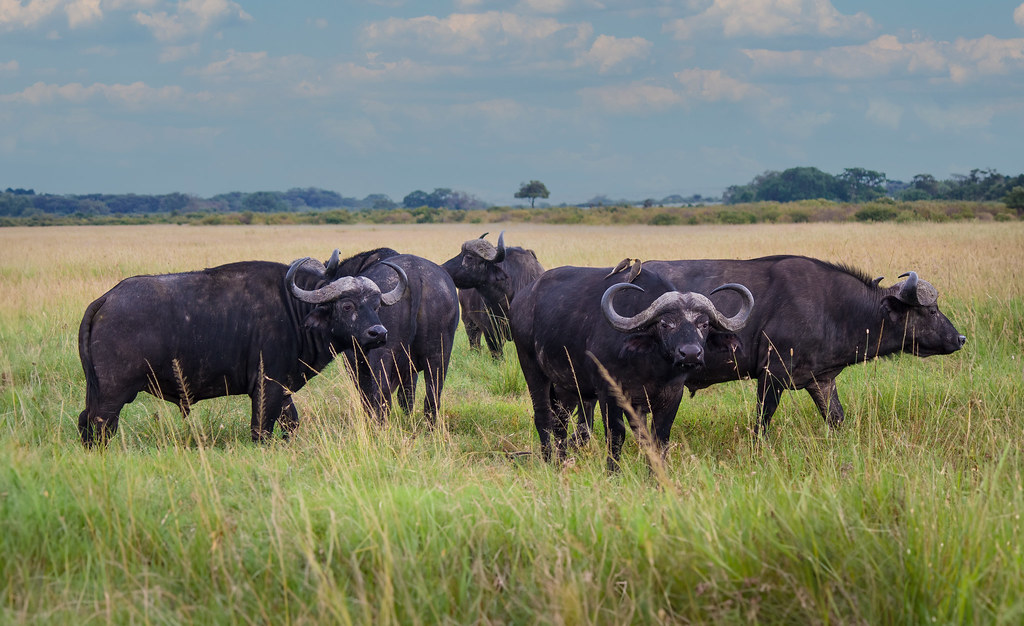
Buffaloes, found in dense forests and national parks, are considered dangerous animals in South Sudan. Distinguished by their height and large horns, buffaloes can be aggressive without provocation. Maintaining a safe distance is essential, as these creatures are responsible for about 200 deaths annually in Africa.
African Leopard
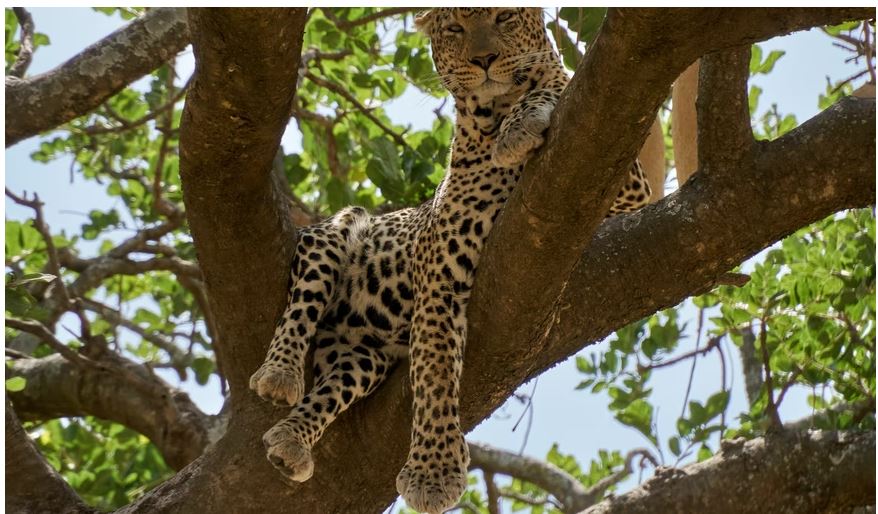
African leopards, with sharp claws and teeth, pose a threat in South Sudan’s grasslands and forests. During the dry season, these leopards may venture out, potentially attacking domestic animals. It’s crucial to keep a safe distance from these predators to avoid any danger.
______________
Learn more about the dangerous animals in the nearby countries:

